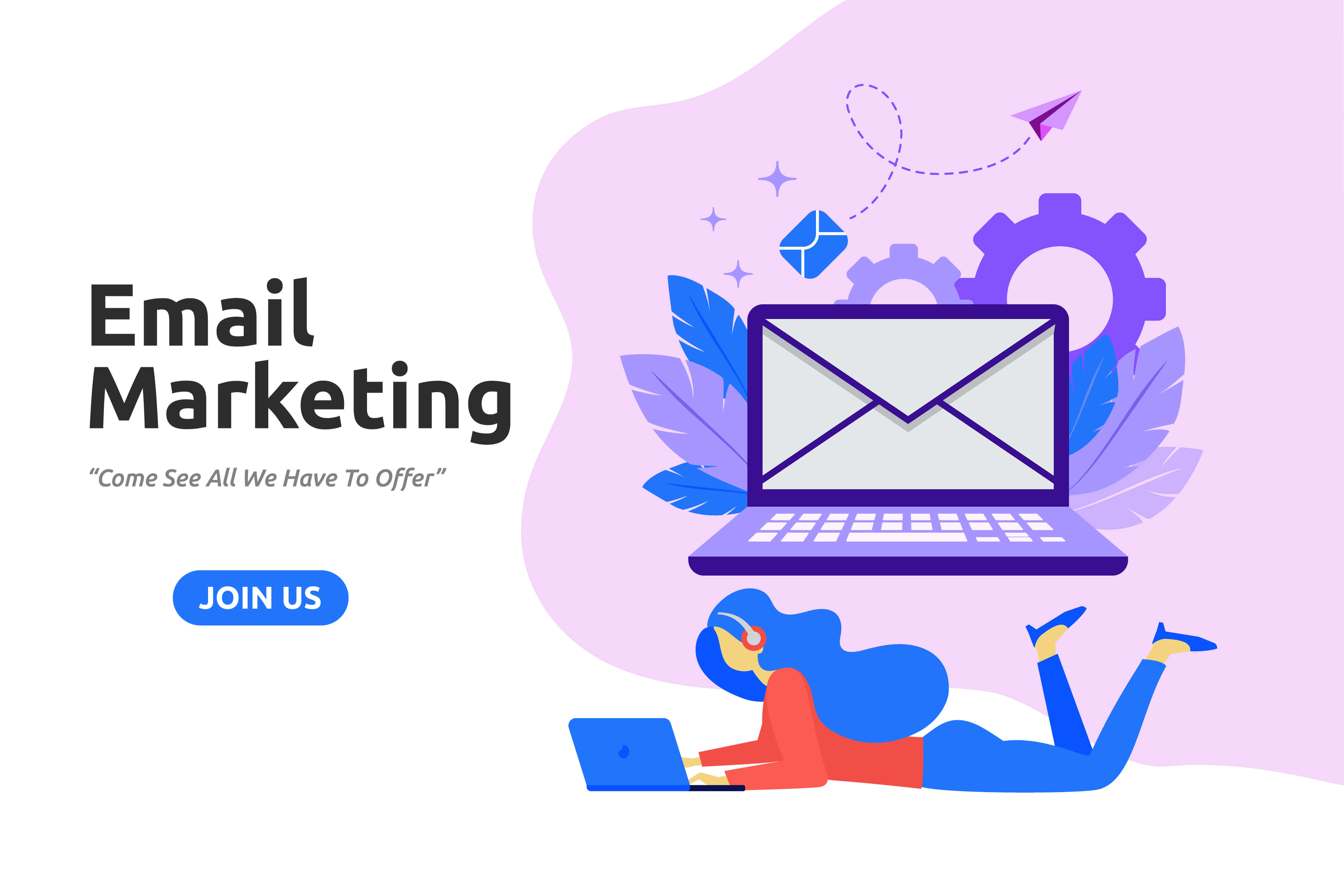The more we are growing every day towards technical advancements, the better our lives are becoming. Not only in the personal front, but people are getting huge advantages on the professional front as well. The developing businesses are using digital marketing immensely well to generate leads and build a connection.
And why not? The facilities are overwhelming and if you do not keep pace with the current marketing trends then you ought to lose out on many advantages of using digital marketing in lifting your business.
The most significant benefit of implementing digital marketing in your business is that it helps you expand your reaches; you can connect to clients and customers from all over the world much easier than you could do before! And who doesn’t know how important it is to build connections for letting a business grow more!
In the upcoming years, digital marketing is more likely to affect the growth of marketers in various ways
Given the growth of digital marketing in recent years, every digital marketing expert is assuming that in the coming years, it is going to bring some revolutionary changes in the way we are looking up to it now.
Some of the massive current digital marketing trends include artificial intelligence, personalization, influencer marketing, infographics, video marketing, social media marketing, visual search, apps for everything, etc.
While we get to see such beneficial digital marketing developments today, we can expect to see more such advanced trends and technologies in the years to come which will help us in expanding our business for gaining maximum profits.
While large scale marketers were always on the checklist for getting better resources, it is the small-time markers who suffered more in regards to marketing requirements. This digital marketing has helped them immensely in advertising and promoting their businesses at bare minimum costs through digital platforms like social media, website creation, etc.
Industry growth impacts everyone in some, or the other, way…
Not only that digital marketing would help the businesses to grow more in the upcoming years, but it is surely and to affect the lives of common people as well. The more the businesses throw, the better our lifestyles become.
We could not have imagined stuff getting delivered at your doorsteps a decade back but today, not only that we can almost achieve anything with just a click in our mobile or laptops.
This massive change is the reason why we can believe that in the future digital marketing is indeed going to give us more than what we expect. Thus, no matter how good effects digitization would have on the industry marketers, it is also going to take all our lives easier and more convenient!
The bottom line
The advancements in science and technology have impacted all our lives in many ways. The growth in the digital industry has benefited us all in several aspects. And businesses have seen more benefits in terms of updated software usages, huge connectivity, better resources and what not! If we consider these changes to be the initial stage of digital developments then we can expect much more in the years to come.
When businesses develop, the economy of the country also develops. Thus, digital marketing has much more to offer to us in the near future in terms of digitization and business growth so that not only the businesses grow and see profits but the common people get benefitted at the same time.
Read Also:






















